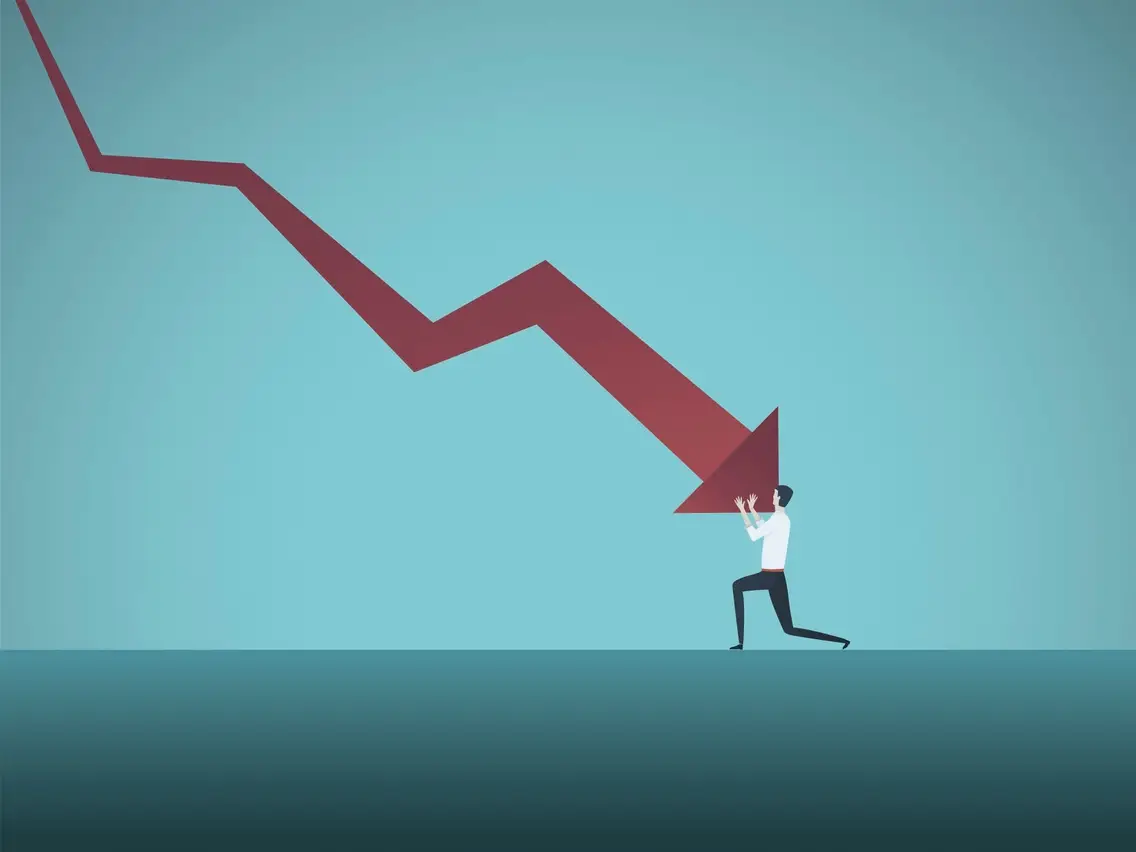
Welcome to Talk of the Week! Today, we’re delving into recent events that have rattled the U.S. financial sector, particularly focusing on the implications of rising interest rates and the possibility of a stock market crash. Let’s dive into the details.
Rising Interest Rates: A Sign of Economic Adjustment
In a significant move, the U.S. Central Bank has raised its key interest rate to the highest level in 16 years, marking the 10th increase in the last 14 months. This decision aims to control inflation, which has been running high. The European Central Bank has also followed suit with smaller rate hikes.
The recent interest rate hikes have led to higher borrowing costs, resulting in a slowdown in sectors like housing and contributing to the failures of several U.S. banks. However, Federal Reserve Chair Jerome Powell has indicated that this may be the last increase for the time being, although future actions are not entirely ruled out.
Implications for the Economy and Financial Markets
Despite efforts to curb inflation, the U.S. economy faces risks such as continued inflation, geopolitical uncertainties, and banking instabilities. While recent bank failures and a potential pullback in lending may weigh on the economy, Powell remains hopeful that the U.S. will avoid a recession, citing strong hiring and low unemployment rates.
However, financial markets are closely watching the Fed’s actions, with anticipation and speculation about future moves. The possibility of further interest rate hikes raises concerns among investors, particularly regarding the stock market’s stability.
Potential Risk Factors for a Stock Market Crash
Market experts warn of several risk factors that could trigger a significant stock market downturn in 2023. These include:
- Inflation: Continued high inflation rates could erode consumer purchasing power and business profitability.
- Interest Rates: Further aggressive interest rate hikes by the Federal Reserve could dampen economic activity and investor sentiment.
- Earnings Disappointments: Weak corporate earnings reports could undermine investor confidence.
- Geopolitical Events: Escalating geopolitical tensions could disrupt global trade and investor sentiment.
- Banking Instabilities: Further failures or disruptions in the banking sector could trigger broader economic turmoil.
- Oil Shocks: Significant fluctuations in oil prices could impact energy-dependent industries and global markets.
- Supply Chain Disruptions: Ongoing supply chain disruptions could hinder economic recovery and corporate performance.
Conclusion: Navigating Market Uncertainty
While concerns about a potential stock market crash loom, it’s essential for investors to remain vigilant and level-headed. Diversification and a long-term perspective are key strategies for weathering market volatility. Rather than succumbing to panic or making rash decisions, investors should stay informed, assess risks, and maintain a disciplined approach to investing.
Thank you for tuning in to our discussion on the possibility of a stock market crash in the USA. We hope this information has been informative and useful as you navigate the complexities of financial markets. Remember to stay informed, stay diversified, and approach investing with caution and confidence. Good luck and happy investing!



